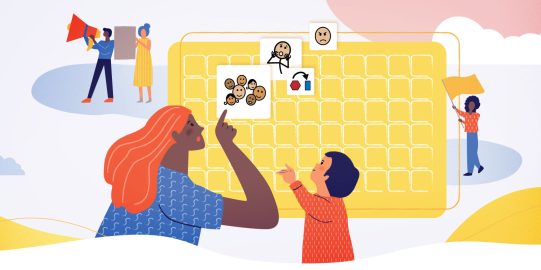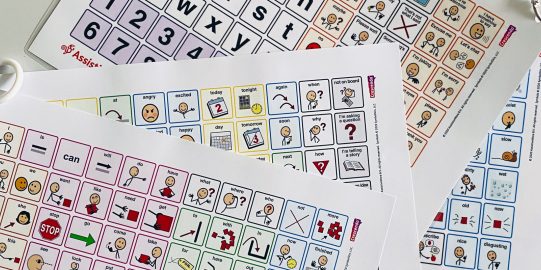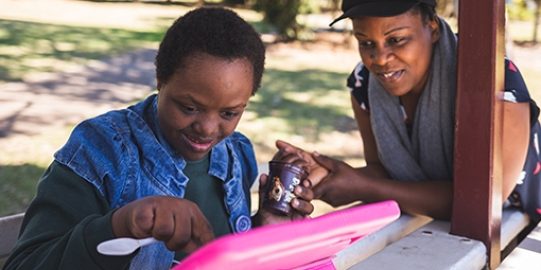What is language?
The Oxford Dictionary defines language as “the method of human communication, either spoken or written, consisting of the use of words in a structured and conventional way.” Merriam-Webster defines language as “the words, their pronunciation, and the methods of combining them used and understood by a community.”
Taken together, it’s clear that for something to be “language” it needs to have some form of structure or conventions. These allow it to be understood by others. Those that understand the language are part of a community. This is true for both verbal and non-verbal language.
The power of language
Language is not only a key component of communication, it is also a key aspect of identity. The words you choose to use become a part of who you are. Through language you become part of the community that speaks that language, hence the power of bilingualism. Bilingualism allows you to be part of more than one language community. The more you master a language the more powerful your connection with the community.
Augmentative and alternative communication
For people who are non-speaking, who or have a hard time making themselves understood with natural speech alone, augmentative and alternative communication (AAC) can be very powerful. AAC can provide the words and ways to expand language. It can help you participate in society, and make connections with the world around you. It can help avoid communication misunderstandings. The more you are able to express through a common language and the more widely that language is understood, the more power you have to communicate, to control your own life and to participate in that of others.
That is why, during this AAC awareness month, we want to focus on the power of language. We will share resources to support building language with AAC, and share the importance of always having access to language. We will also share perspectives from the AAC community. As always, we encourage everyone from the AAC community to participate. What does language mean to you? How do you use it? How can we all improve access? Tell us, we are listening.




